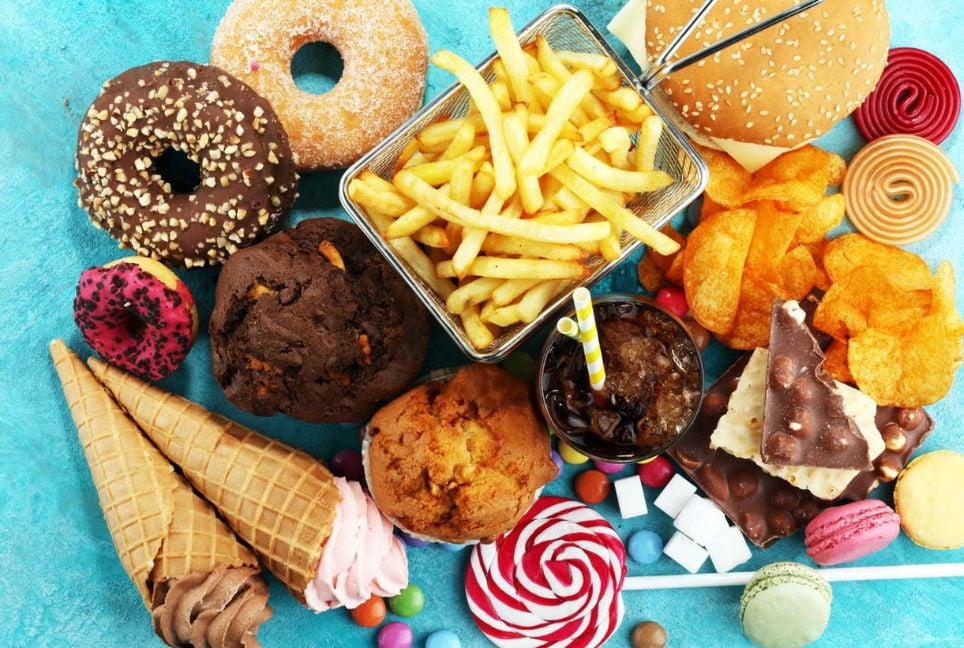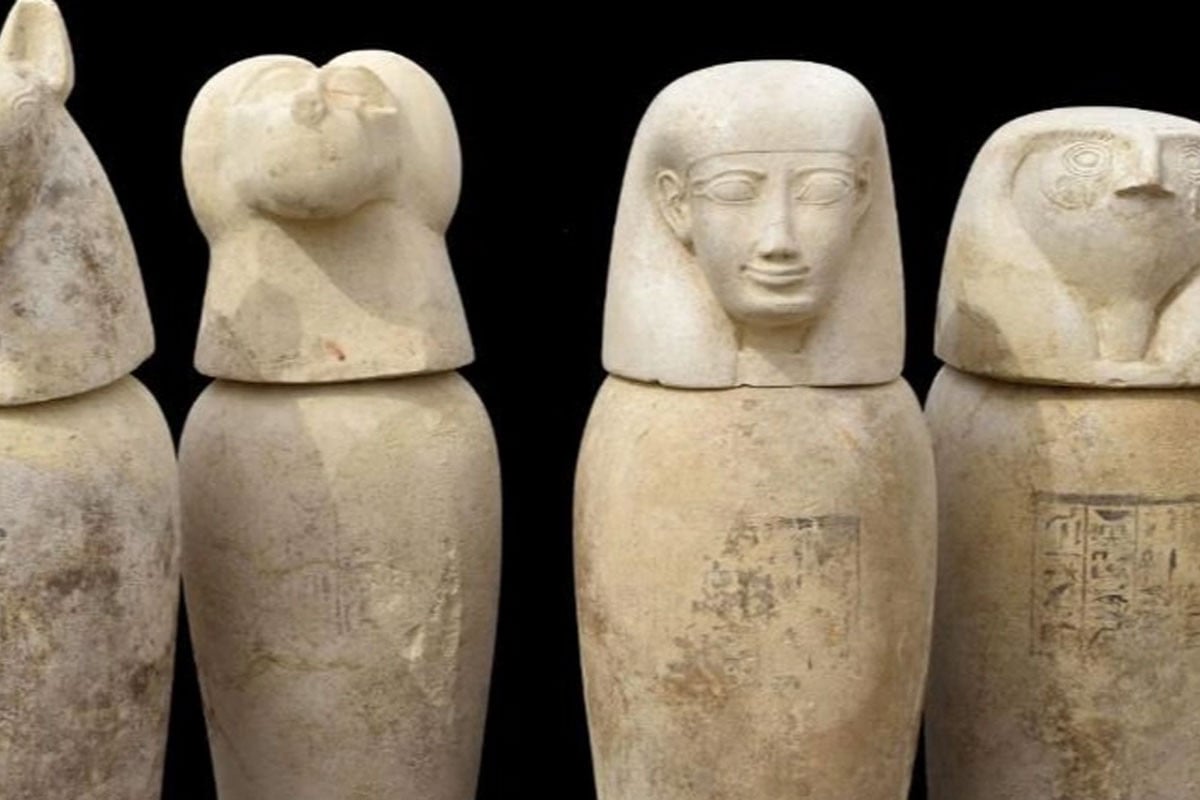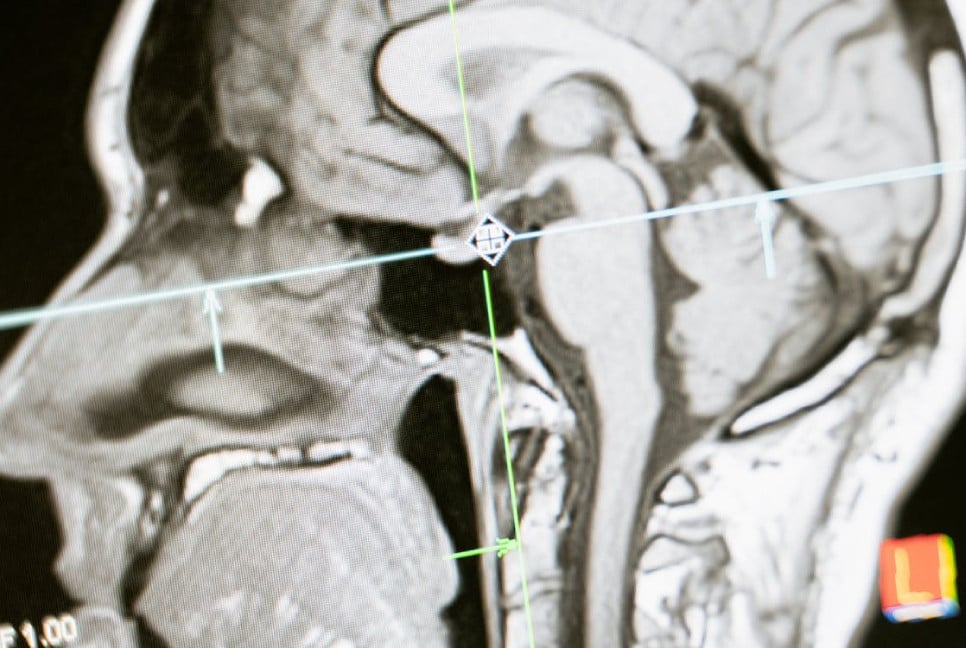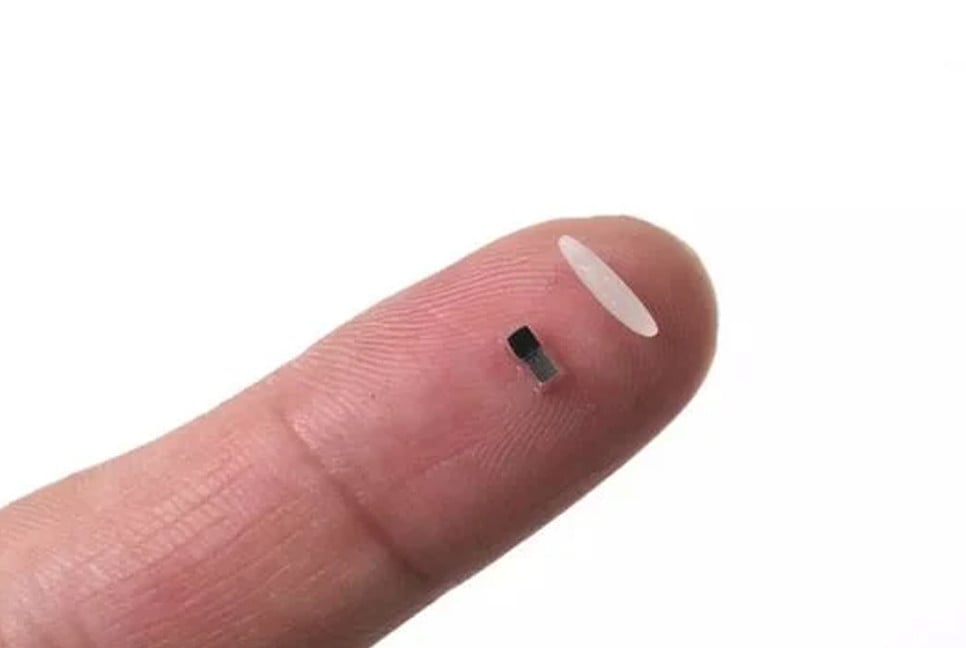For many, dinner is the most substantial meal of the day. After a long day and with eight hours of job life, feeling satisfied is a top priority. However, a big meal can sometimes lead to uncomfortable fullness that you'd like to ease before bedtime. This is where the post-dinner walk comes in.
"People have been taking walks after dinner for centuries all over the world," says certified personal trainer David Chesworth.
“There’s a Chinese proverb that says ‘If you take 100 steps after each meal, you’ll live to 99,’” he says. “Studies over the years have found that going for a 15-minute walk after dinner can regulate blood sugar levels and improve digestion; it can also improve your mood and boost your energy.” If you find yourself stuffed after dinner but struggle to take action, consider these three benefits of walking post-meal—and why it’s so effective.
Why is walking after dinner so effective?
“The reason after-dinner walks are a great goal to implement is because it takes advantage of a habit-starting technique called ‘habit pairing,’ Chesworth explains.
“Habit pairing implies you are creating a new habit in conjunction with one that already exists. It is easier for the brain to stick to something new if you are putting it in the passenger seat of a habit that’s been around for a while.”
If cooking and eating dinner is a practice that seamlessly fits into your schedule, pairing it with a post-dinner walk might be easier than you expect. Wait 15 to 20 minutes after eating dinner, to allow some time for digestion, then consider taking a walk around your neighborhood.
3 benefits of walking after dinner
Helps manage blood sugar
“Research encourages that post-meal walks or leisure activity should be done after every meal, but especially after meals high in carbohydrates, such as bread, potatoes, and rice,” Chesworth says. “On average, our dinner meals tend to be higher in carbohydrates.” After a large meal, taking a walk can lower glucose levels by 12%, Chesworth explains.
Improves metabolism
During digestion, your metabolism goes through the "thermic effect of food," Chesworth explains. “It takes energy to digest energy; in other words, your metabolism is slightly increased during digestion. Similarly, your metabolism is slightly increased during a leisurely walk. When combining the two, you get a slight extra boost to your metabolism.”
While you take a leisurely walk—which can be paired with your favorite music or podcast—your body takes care of the rest, almost as if thanking you for kickstarting the metabolizing process.
Boosts your mood
Much like other physical activities can boost your endorphins, so can taking a simple walk after dinner.
“Once you get up and walk after a few meals, you will start to look forward to your post-meal walks,” Chesworth explains. “For most people, the last thing on their mind is taking a walk after they finish eating, and it may not seem like much at the time, but the benefits of an extra walk or two a day will add up over time.”
You may even end up looking forward to your post-dinner walk almost as much as dinner itself.
Bd-pratidin English/ Afia



































































